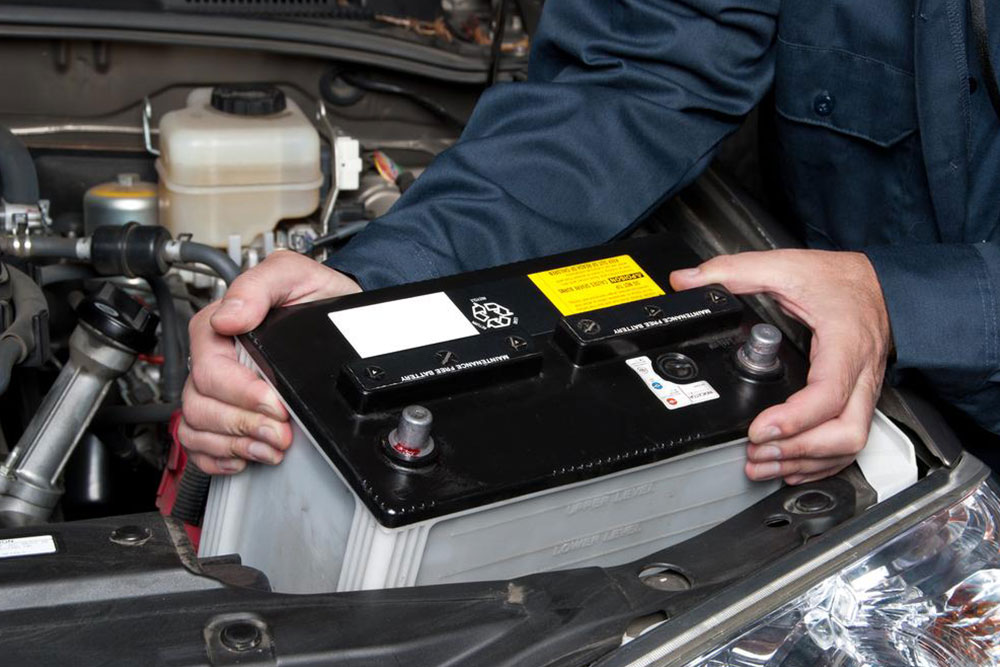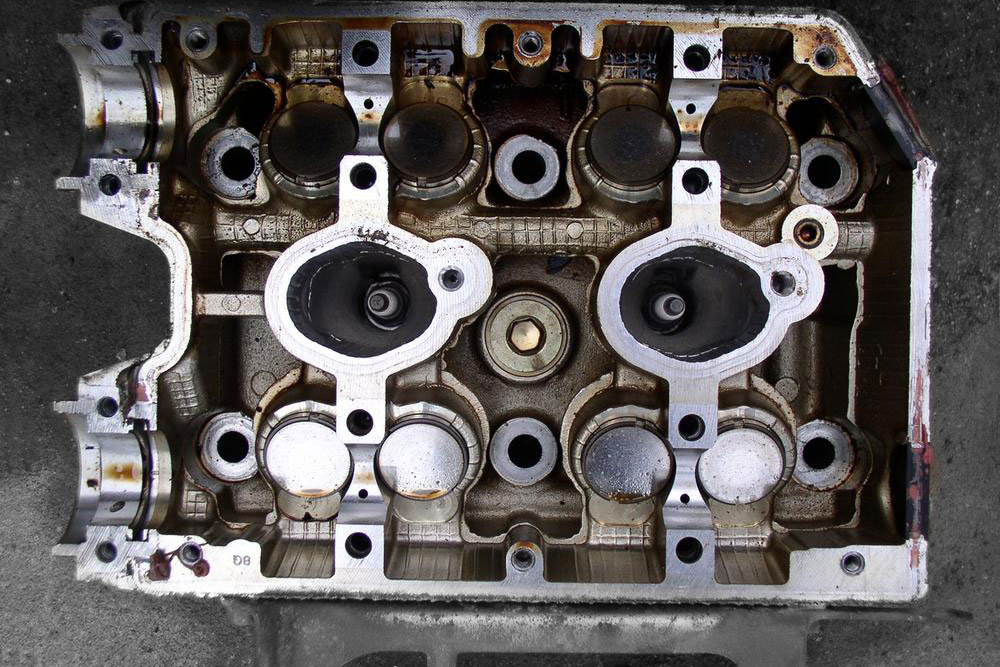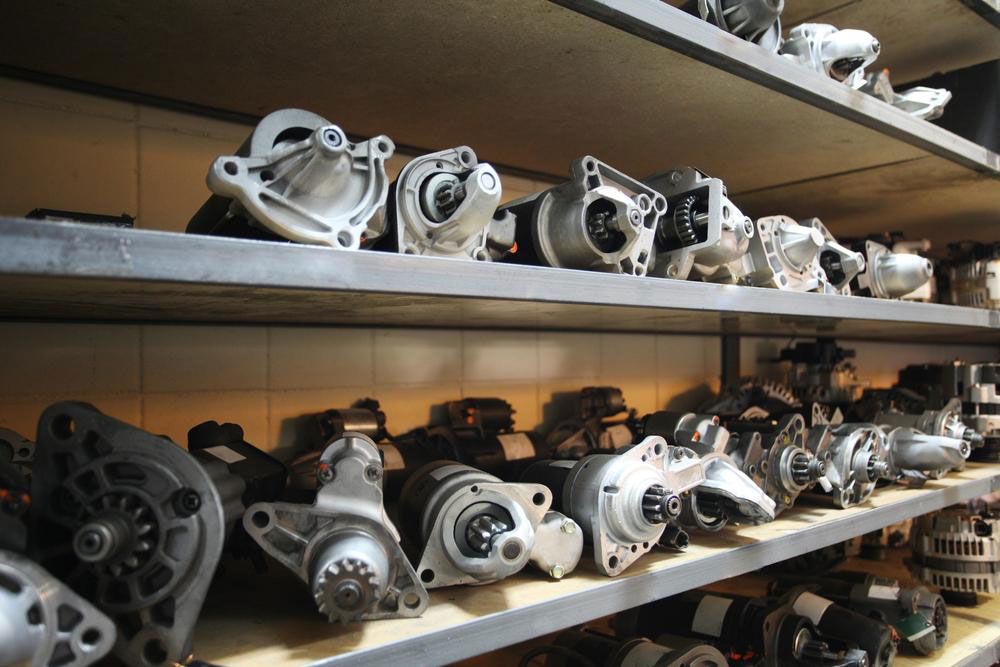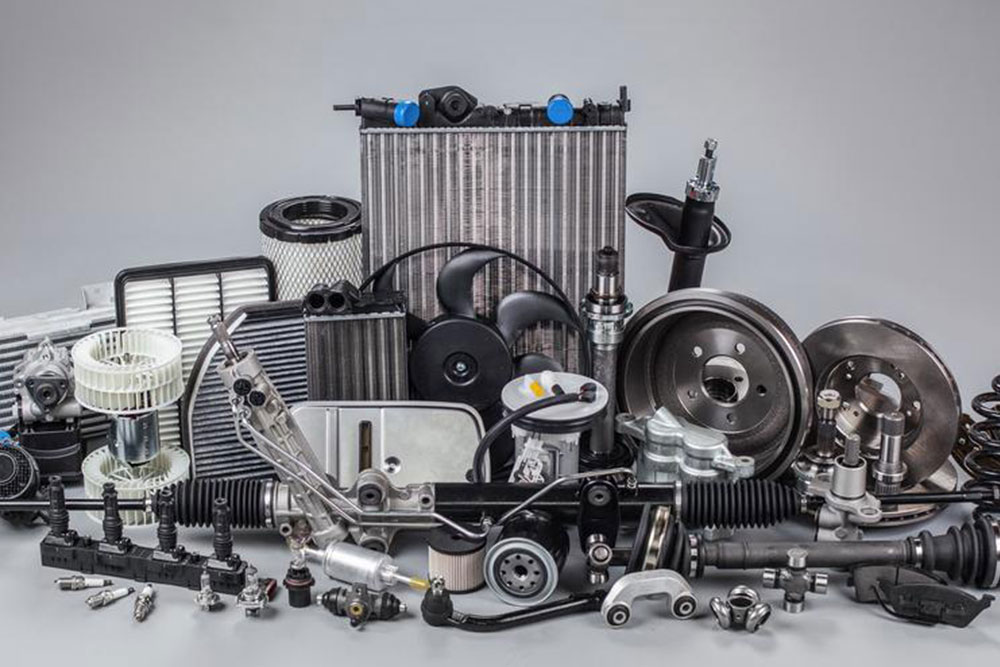Historical Overview of Advance Auto Parts' Growth and Expansion
Explore the history and growth of Advance Auto Parts, from its founding in 1932 to its major expansions, acquisitions, and sponsorship activities. Discover how it became one of the largest auto parts retailers in the U.S., with a broad store network and strategic investments shaping its success.
Sponsored

Headquartered in Roanoke, Virginia, Advance Auto Parts is a leading retailer specializing in automotive parts and accessories across the United States. With a network exceeding 1,300 independent stores and 5,200 company-operated locations, it employs over 70,000 staff members. The company's origins trace back to 1932 when Arthur Taubman acquired Advance Stores from Pep Boys, beginning with just a few stores in Virginia.
Major growth occurred in 1998 after acquiring Western Auto's operations, a prominent auto parts retailer. In 2001, Advance expanded further by purchasing Carport Auto Parts with 29 stores in Mississippi and Alabama, along with Discount Auto Parts Inc., adding over 600 stores across multiple southeastern states.
In 2001, Advance Auto Parts became publicly traded on the NYSE under the ticker AAP. By year’s end, the company operated more than 2,400 stores in 38 states. In 2002, it received court approval to acquire 57 Trak Auto stores in the Washington D.C. area. The acquisition of Auto Part International in 2005 added 202 stores along the Atlantic coast, with the division operating independently within the company. In 2013, Advance Auto Parts made a significant purchase of General Parts Inc., Carquest Canada, and WorldPac for $2.04 billion.
Beyond its retail expansion, Advance Auto Parts has been active in sponsorships, notably supporting the Monster Jam series from 2010 to 2013 and NASCAR teams like JR Motorsports in 2015-2016. The company sponsored the Daytona Auto Parts Clash race in 2017. Institutional investors, including Wellington Management, Vanguard, Lazard, State Street, and BlackRock, hold the majority of its shares as of 2017.






